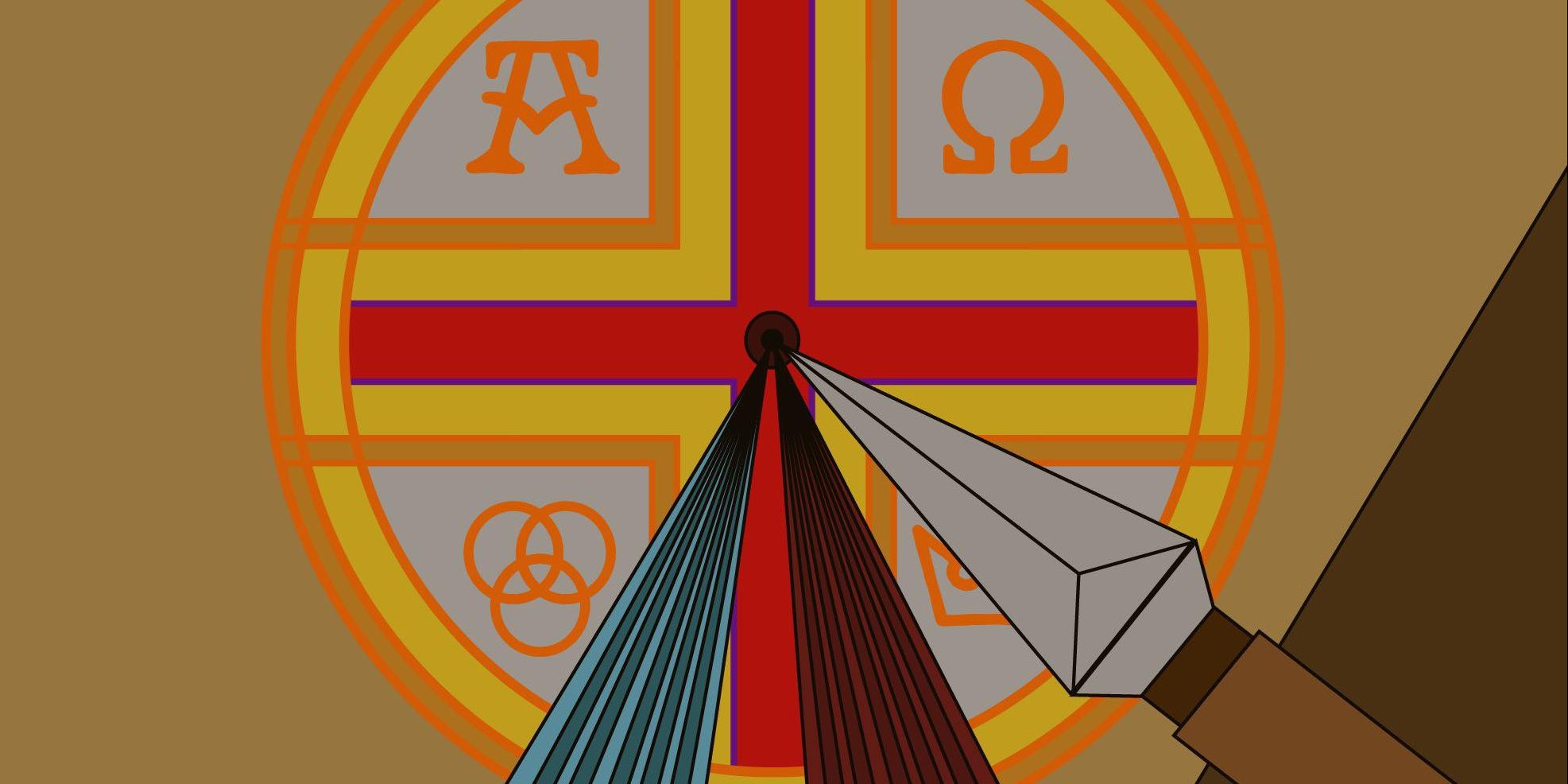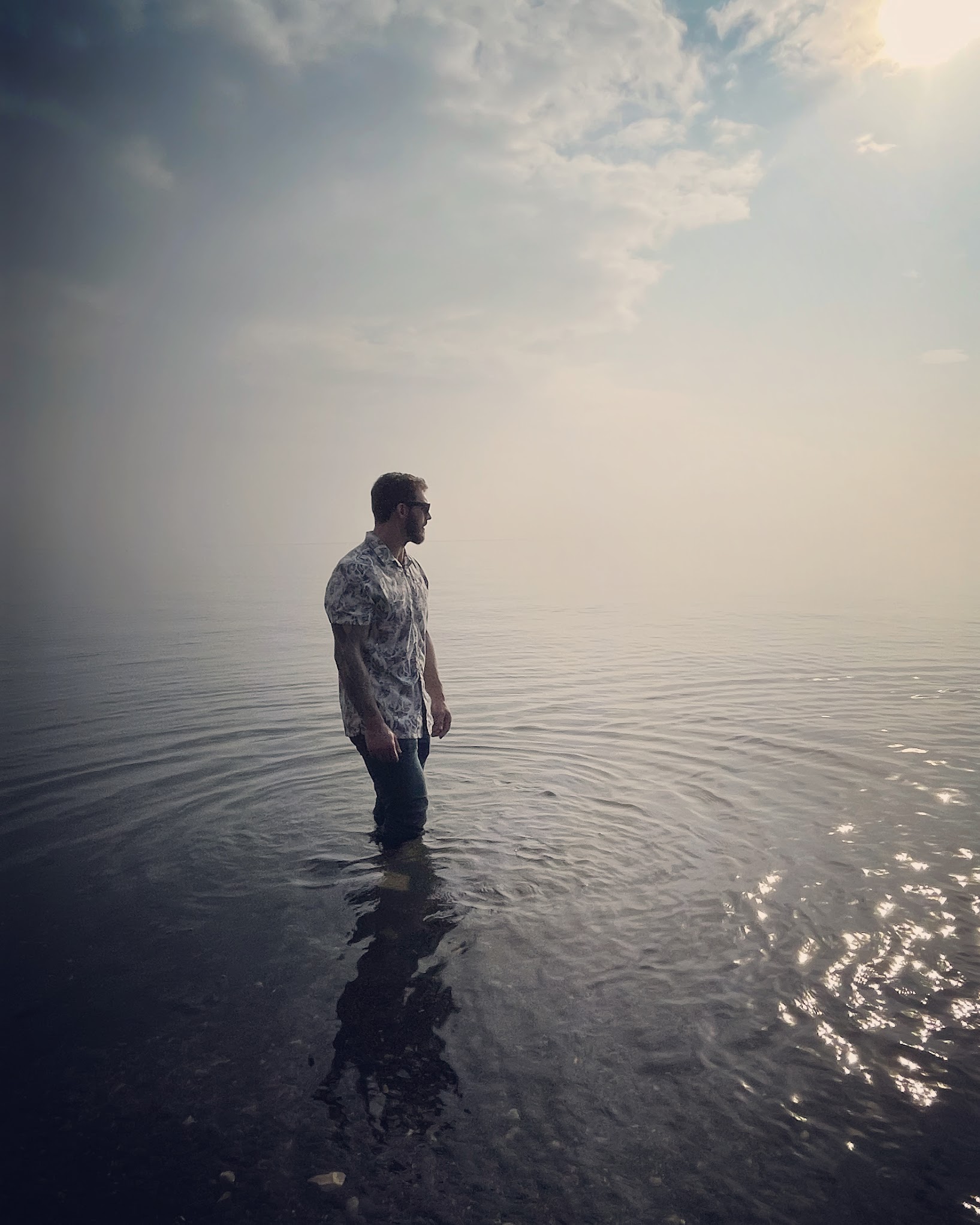 Perri is the President and CEO of the DuSable Museum of African American History. She has lived in Hyde Park her entire life and considers Chicago to be the biggest small town in America. She strongly believes that the more we educate people about what we have in common as opposed to our differences, the better off we will be.
Perri is the President and CEO of the DuSable Museum of African American History. She has lived in Hyde Park her entire life and considers Chicago to be the biggest small town in America. She strongly believes that the more we educate people about what we have in common as opposed to our differences, the better off we will be.
Q: How did you come to work where you do right now? How do you believe your faith intersects/integrates with your career?
4 years ago I was asked to be part of the institution to bring the organization strategically forward, to improve how the organization is run—increase profile, increase attendance, and serve our community better.
I jumped at the opportunity not as a matter of faith traditionally, but almost took it as a moral imperative to jump into this, given what it means for the community. I’m black, from Hyde Park, and raised my three daughters going to the museum. The role that we play is vitally important to the community. When you’re looking at a climate where racism abounds, where hatred abounds, and where violence occurs on a daily basis, it’s impossible to ignore the black experience. Moreover, it is equally impossible to separate that experience from faith.
When you look at the role faith has played in AA history, people will say it’s the reason that black people were able to survive. The AME church was part of the underground railroad, particularly in Illinois, since there were stops along the Underground railroad. The only places black people were allowed to gather were churches. Therefore, those spaces became prominent in black culture.
Q: How do other people in your field operate and how do you feel like your life of faith sets apart your attitudes or behaviors in the workplace?
[Dusable] is an independent 501c3 nonprofit and so we don’t engage in politics or in religious activity, but both of these things are integral to the black experience. And so while we don’t engage in these things explicitly, it’s impossible to tell our story, our history, without them. Without the tale of bad policy, bad laws, you can’t accurately show our history and tell how we got where we are and tell people how you can get to the place you want to be.
Public policy resulted in the de facto and de jure segregation in Chicago. It’s part of the civil rights story and history, but we tell it in a historical and an educational role, not in a political role. However, a lot of our work in education is to see how we can influence our future by knowing our history.
My belief is that without faith and the grace of God giving black people strength for the centuries, we would not have survived as a people. When you look at the horrors of slavery, you have to believe it was a higher power that got us through.
Also, I would note faith as opposed to religion, because I draw a distinction between the two. We don’t engage in religious activity but it’s impossible to tell our history without speaking of faith. And so our leaders even emerged from the religious spaces, such as MLK and Jesse Jackson. Because we were able to gather there, they became our spaces and where our leaders emerged.
My personal engagement within this is through faith and this institution formed a basis for the education of all people against racism and bigotry. By telling accurate histories and putting things into perspective, we have a chance to have a tremendous impact on young people, helping them to learn where we came from and how we got here.
Post-2016, it might be even more important. Those who would rather erase us from history, would rather we didn’t survive, desire to revise history to fit their agenda rather than serving the truth. Our institution and other institutions like ours (organizations with a cultural specificity in the telling of history), serve as the vanguard. Our importance cannot be overstated in our current world.
Q: What are the merits and demerits of this vision in the workplace? Could faith come into conflict with social justice?
Social justice is a very big thing for us. We seek to have a lot of dialogue on that as we are a very authentic space that was made for the black community. Although we serve all people, this is a centerpiece for the black community. We engage in arts and culture and educational activities, but we don’t cross the line into political activities. But we do have events where policy is discussed. And that can be anything from discussing public health issues around lead poisoning, diabetes, and HIV to the disparate rates of treatments between black people and other peoples.
There’s an ever-present danger in faith becoming weaponized and politicized. I take that hypocrisy personally, but I won’t talk about that all too much in my chair as president of the DuSable. There are pros and cons. The church has played a major role in the civil rights movement throughout history, but churches have not always been politicized in ways they have been to the advantage of our community.
Q: On a larger level, what do you think the role of faith in one’s vocation is? What should it be?
Personally, and how I’ve raised my own children is that you cannot do work that conflicts with your soul as a human being. There’s no such thing as I’m just doing my job if that causes you to go against your morality or humanity, and you can point to some extreme cases in the news and throughout history. I’ve been in many professions. I’m an architect by training and an attorney by profession, and I’ve always been able to retain my center of integrity, which I think is also a measure of personal faith. However, realistically speaking, there are times when you’ve got to put food on the table and clothes on your children’s back, and so you should be able to do any profession while maintaining your spiritual center, if you are a spiritual person. There are those who are not. No judgment to them for that too, ultimately you have to follow your passion.



0 Comments